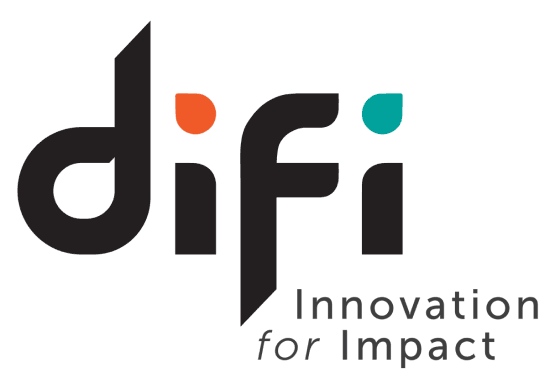Indonesia faces challenges in achieving equitable welfare for its people. Socioeconomic disparities remain significant, with issues such as poverty, unemployment, and unequal access to education and healthcare. According to Badan Pusat Statistik (BPS), as of March 2024, the poverty rate stood at 9,03% of the total population, a decrease from 9,36% in March 2023. The number of impoverished individuals dropped by 680,000, reaching 25.22 million in March 2024. However, beyond poverty, other indicators, such as employment opportunity, gender equality, and access to resources, require interventions to ensure inclusive development.
Community Empowerment is a process focused at strengthening the capacity of individuals and groups so they can manage resources, and take control of their own development. It emphasizes independence, participation, and critical awareness, to overcome challenges and achieve their collective goals.
As part of Community Empowerment Model Study, in collaboration with INKLUSI and Bappenas, DIFI developed a research-based model to empower poor and vulnerable communities. The project focused on building economic independence for impoverished and marginalized groups by enhancing their access to economic opportunities, supporting entrepreneurial initiatives, and increasing their overall well-being.
This research was not just about spotting trends, but digging into the real issues faced by communities and gaining a comprehension of the current state of community development in Indonesia. The key objectives included identifying trends in community development in Indonesia, examining challenges faced by communities, exploring successful community development models, understanding the implementation of community development initiatives, analyzing the impact of community development initiatives, and extracting insights into strategies employed.
DIFI conducted an in-depth study of 18 community empowerment programs, including those led by national and local governments, non-governmental initiatives, and international benchmark programs. The research was carried out across four provinces, which were North Sumatra, West Java, West Nusa Tenggara (NTB), and Southwest Papua. They were selected to ensure diversity in program models and target beneficiaries, from farming communities, people with disabilities, women's groups, youth, and other vulnerable communities.
This study utilized qualitative research methods, particularly:
Focus Group Discussion DIFI engaged stakeholders in open discussion about best practices, challenges, and potential areas for improvement, with representatives from national government, local government, village government, community leaders and representatives, and Civil Society Organizations (CSOs) representatives. The FGDs were divided into two groups for in-depth discussion:
- Program implementer: This group focused on identifying best practices, challenges, and opportunities for development in community empowerment programs.
- Target Beneficiaries: This group assessed the impact of the programs and explored the needs of different community typologies, particularly the poor and vulnerable ones.
Interview Using PRA techniques, such as case study analysis, DIFI conducted 10 interview sessions with key stakeholders, including Bappenas, line ministries, local government, village government, Civil Society Organization, research institute, private sector, and international organization.
The research resulted in the development of a Community Empowerment Model for Economic Independence, designed to be adopted by relevant ministries and institutions. It also served as a reference for the upcoming Presidential Regulation on community empowerment. To ensure effective implementation, the model was disseminated in a formal event at Bappenas office on March 5, 2025, where key stakeholders, including representatives from various ministries and institutions, were invited to discuss the best strategies.
Through this initiative, DIFI aimed to contribute to sustainable and inclusive development, ensuring that Indonesia’s economic growth benefits all communities, particularly the most vulnerable.

